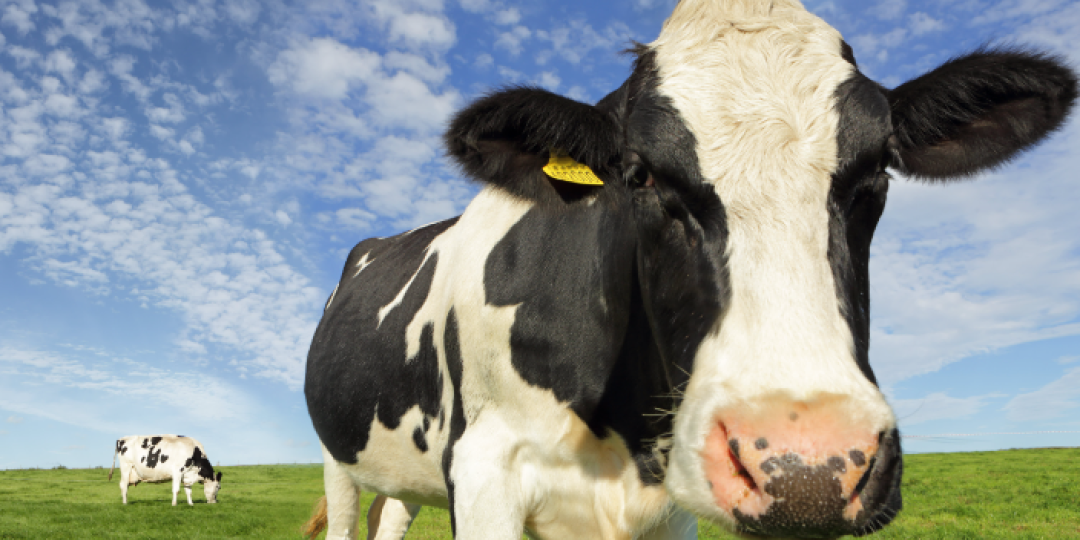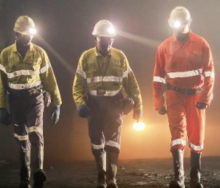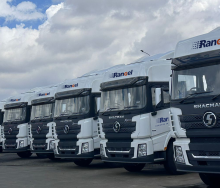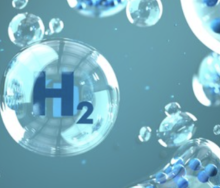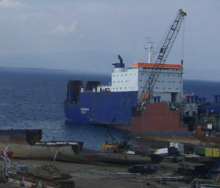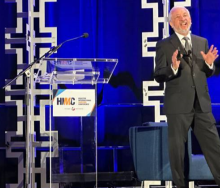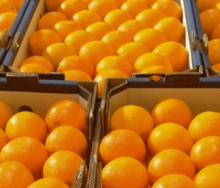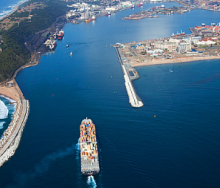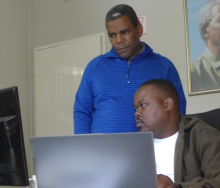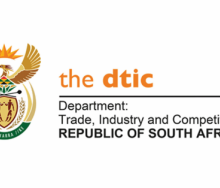Japan’s Mitsui O.S.K. Lines (MOL) has, together with six other companies, completed the first-ever test of sailing a ship on fuel derived from cow manure.
The breakthrough comes as the global shipping industry races to operations.
Among the companies involved in the project are engine manufacturer IHI Power Systems and Cenergy which carried out the bunkering operation.
The advantage of bio-methane fuel derived from cow manure is that it is produced from available sources without increasing CO2 emissions and can be handled through the existing liquid natural gas (LNG) supply chain.
MOL said the LNG fuel is expected to cut CO2 emissions by 25% compared to conventional fuel.
Used along with liquified bio-methane, CO2 emissions can be reduced even further.
The test was conducted with the first LNG-fuelled ocean cargo vessel built in Japan – the 7 800 deadweight tonnage general cargo ship, Ise Mirai.
She was built as part of a government-sponsored project to optimise combustion efficiency in LNG-fuelled gas engines and supply systems. Placed in service in 2020, the vessel is 390 feet long and operates as a mini-bulker in Japan’s coastal trade.
The project to test bio-methane derived from cow manure was first announced in February.
The liquefied bio-methane is made from a proprietary process developed by gas producer, Air Water. The biogas, produced by cattle farmers using it as a power source, comprises 60% methane and 40% carbon dioxide.
“The gas is derived from dairy-owned biogas plants, liquefied at about -160°C, separating and refining its main component, methane. The resulting methane can be compressed to 1/600th of its volume when liquefied, enabling it to be transported on a large scale. It is considered a carbon-neutral domestic energy source because it is made from cattle manure,” Maritime Executive reported.
Full-scale operations commenced at the company’s plant in 2022.
